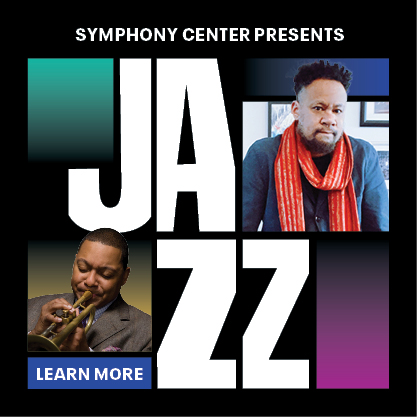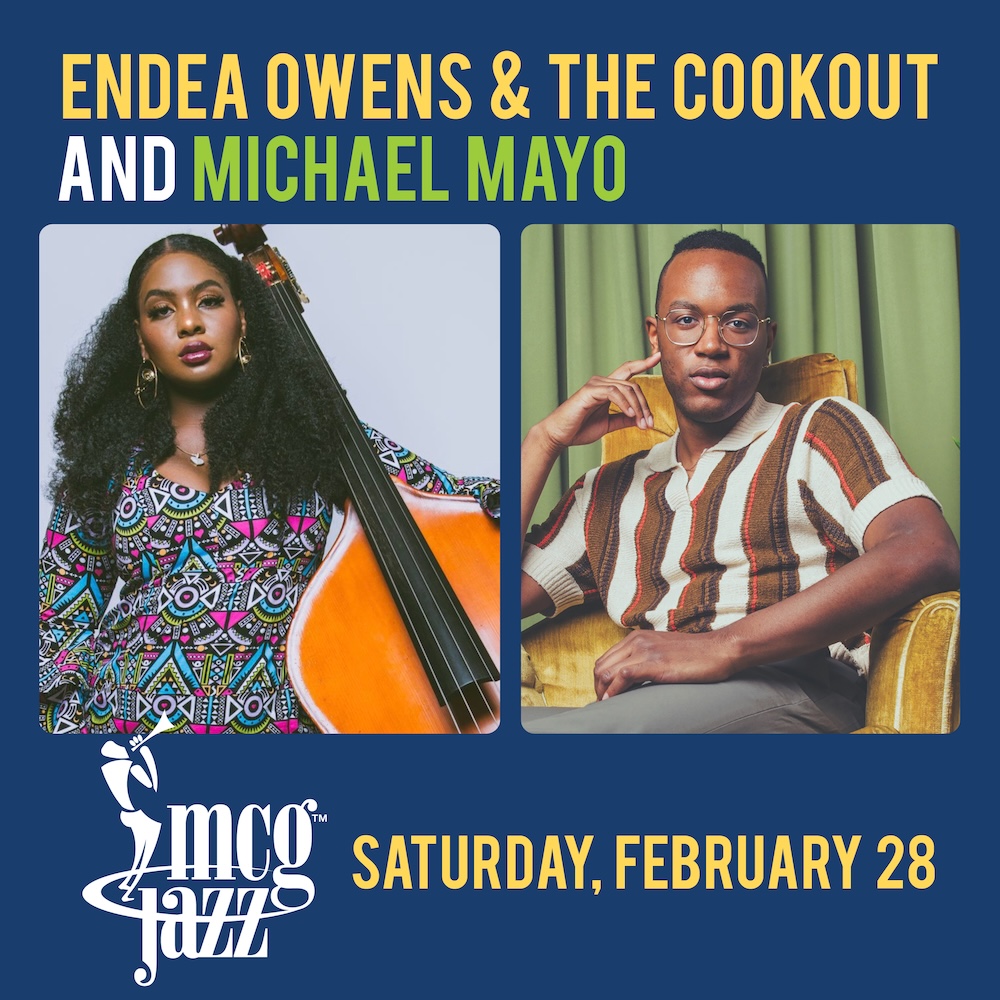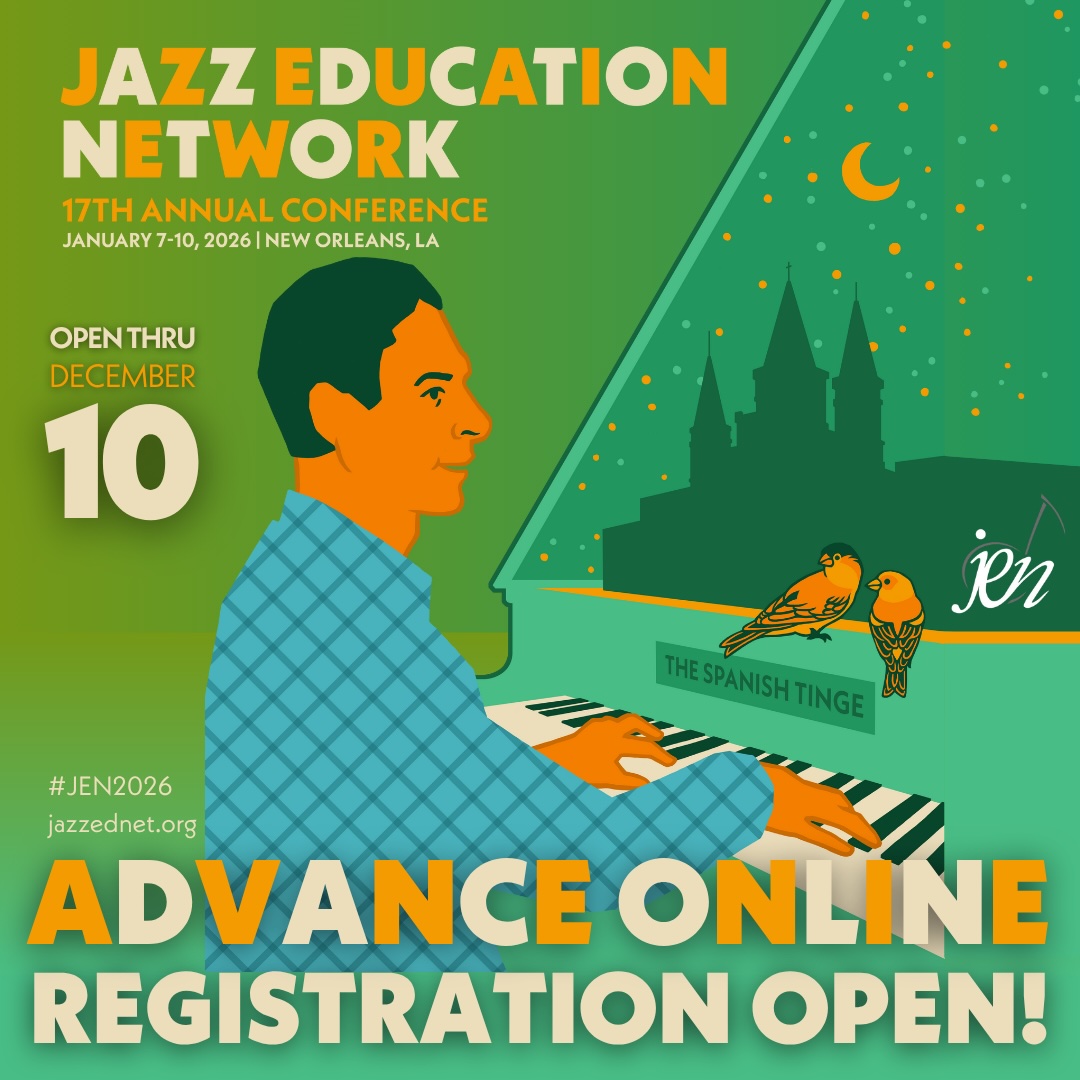By Michael J. West
Bassist Brian Bromberg doesn’t channel Scott LaFaro’s sound on his hat-tip to the bass innovator, who died at age 25 in 1961. Both players are virtuosi, but LaFaro broke new ground by supplying a contrapuntal voice even while comping; on LaFaro, Bromberg saves his daredevilry for the solos and walks the bass through its accompaniment passages. The tribute comes by way of Bromberg, like LaFaro, being indefatigably himself on the titan’s most familiar repertoire.
“Milestones,” for example, heard on Bill Evans’s Waltz For Debby (Bromberg concentrates on LaFaro’s work in Evans’ trio), finds LaFaro right alongside the pianist and running through a stream of melodic patterns, often in his middle and high registers, capped by a solo that scans like a poetry reading. On the same tune, Bromberg opens with a pretty fill, then backs up pointedly behind pianist Tom Zink. Drummer Charles Ruggiero locks in with him, together delivering an unobtrusive but consistently swinging infrastructure that keeps the bass at the bottom until his middle-register solo (whose cadences are closer to scat singing than poetry).
Don’t be confused into thinking that Bromberg is resolutely a background player. Indeed, he takes the lead on most of the heads — to particularly thrilling effect on “Alice In Wonderland” and “Blue In Green” — and even delivers a pathos-laden solo performance of “Danny Boy.” Even these, though, are remarkably ego-less: They give the performance what it needs. But it says something that on LaFaro’s composition “Gloria’s Step,” he yields center stage to Zink and gives his own solo over to the song’s rhythm. Just as LaFaro served an (influential, but idiosyncratic) vision of his instrument, so does Bromberg on LaFaro. It’s just that his is a “make your case, then support” kind of vision, and he plays it beautifully.
By Ed Enright
Lushly orchestrated by Kyle Gordon for a 33-piece chamber orchestra, this captivating 12-part masterwork by David Friesen was originally conceived for the National Academic Symphonic Band of Ukraine, which was featured on the internationally acclaimed bassist/pianist/composer’s 2020 album Testimony (Origin), an exploration and celebration of his Ukrainian heritage. Friesen, known for a work ethic that has spawned more than 80 albums as a leader or co-leader, began writing material for This Light Has No Darkness, Vol. 1 with a premiere set for a performance at Kiev’s Philharmonic Hall in May 2022. When that date became an impossibility due to the dangers posed by Russia’s military incursion into the country, Gordon instead sculpted an orchestra of his own in his Los Angeles studio using a superbly created sample library (Note Performer) and relying heavily on his producer’s ear for spaciousness and dramatic grandeur acquired through extensive experience working on film and TV soundtracks. The interactions of the virtual chamber group with the duo of Friesen (on his Austrian-made Hemage hybrid bass) and pianist Paul Lees, along with percussionists Charlie Doggett and Rob Moore, reveal an unrelenting, ever-unfolding flow that runs through the entire program as melodies get passed from player to player, section to section, and support roles change frequently yet fluidly. Covering a vast range of musical dynamics and distinguished by intimate exchanges between virtuosos Lees and Friesen (with his signature bends, sparkling harmonics and well-placed double-stops), the suite unfolds as a musical manifestation of the spiritual light that offers forgiveness, hope and purpose. The closing piece, the hymn-like “Return To The Father,” was written for Friesen’s wife of 58 years, Kim who passed away from COVID-19 during a tragic week in 2021 that included the invasion of Ukraine. Information about a live premiere of This Light Has No Darkness is still forthcoming, as the octogenarian Friesen hopes to perform the work live in the U.S. and, eventually, back East in his ancestral homeland — as originally conceived. Let’s hope a Volume 2 is in Friesen’s foreseeable future.
By Frank Alkyer
Vocalist Vanisha Gould and pianist Chris McCarthy have given us an instant classic. Gould has the touch of a modern artist with an old soul who would make the pantheon of legendary singers smile — crystal clear, concise, not a syllable wasted and a tone dripping with humor, knowledge and pathos. McCarthy serves as a mightily gifted accompanist and so much more. And the two turn Life’s A Gig into a wonderfully stripped-down session, just piano and voice with violist Kayla Williams stepping in for two guest spots. There are some old chestnuts beautifully rendered, such as “Devil And The Deep Blue Sea,” “What A Little Moonlight Can Do” or the old Julie London hit “No Moon At All.” There are some nice surprises, like Dolly Parton’s “Jolene” pulling at the heartstrings with Williams’ first beautiful guest spot. Then Gould and McCarthy take on some heavyweight material with lyrics added later, such as Thelonious Monk’s “Monk’s Dream” with the lyrics, famously, by Jon Hendricks. Gould beautifully pens lyrics to “Aisha,” the MyCoy Tyner classic made famous by John Coltrane. A gifted writer, Gould (who, by the way, is the sister of pianist Victor Gould), delivers an incredible new addition to the classic American songbook called “Fall In Love With Me In Fall.” It is the crown jewel of this set. McCarthy’s piano intro takes your breath away. He is a joy to hear. Gould’s noir-style lyrics shimmer. It is classic storytelling of the highest order with themes of love not lost, just the fear that it could be. “Don’t fall in love with me in spring/Fall in love with me in fall,” Gould sings, as if love that comes too soon surely cannot last. It’s an original that not only stands tall with all of these songs, it floats above them in truth, honesty, heartbreak and love.
By Michael J. West
Knowing that it’s an homage to the Amazon forest and the rivers of Northern Brazil, it’s no surprise that Y’Y is a pastoral, meditative departure from pianist Amaro Freitas’s hard-driving Brazilian jazz. The surface of this largely solo work is placid, but it’s boiling underneath.
Not far underneath, either. Frietas layers himself on piano (some of it prepared) on the second track, “Uiara (Encantada da Água)–Vida e cura,” and nearly every layer is percussive and roiling. That the sum is a mesmerism shows Freitas’s magic. Ditto “Dança dos Martelos,” where Freitas augments the piano with percussion instruments (although some of these are, again, prepared piano); all of it gets whipped into a frenzy, imitating a fierce thunderstorm, but never does lose its sense of pacific introspection.
The last four of Y’Y’s nine tunes feature guests who, in most cases, only heighten the meditations. Shabaka Hutchings’ breathy flute playing softens Freitas’s strident left-hand strikes on the title track; the roles reverse later, when Freitas’ wordless background vocals cool some of Hutchings’ fire. On the other hand, there’s no fire at all in Jeff Parker’s dulcet electric guitar or Brandee Younger’s delicate harp: They seem to merge with the acoustic piano and Fender Rhodes on “Mar de Cirandeiras” and “Gloriosa,” respectively, each becoming one more soothing, thoughtful voice. (There’s also a gauzy bed of synths sitting low in the background on most tracks, maintaining an undercurrent of calm across the album.) Bassist Aniel Someillan and drummer Hamid Drake join Frietas and Hutchings on the concluding “Encantados,” the album’s one real upbeat jam. Rather than a digression, however, it serves as an urgent summation of the album: a reminder that we’re in danger of losing the spiritual havens being celebrated on Y’Y.
By Ed Enright
Last summer, guitarist Dave Stryker’s rock-solid trio got together in the studio with the adventurous saxophonist Bob Mintzer to record an album of new music in advance of a weeklong gig at Birdland in New York. To no one’s surprise, the session was a festive reunion of sorts, as Mintzer — a longtime friend of Stryker’s who arranged and conducted an entire album of the guitarist’s music for the 2020 album Blue Soul (Strikezone) with the WDR Big Band — had guested with the trio on past tours and was more than familiar with how they approach a groove — any groove. He had never played any of this program of new music and standards with Stryker, organist Jared Gold and drummer McClenty Hunter, however, before arriving at the studio. The energy, laid-back swing and high-spirited interplay the foursome engages in on Groove Street speaks to the height of communication among these first-class players, who allow themselves to become completely absorbed in any given moment. Most of the songs were captured in one take; the band brims with confidence and indulges in streaks of spontaneous combustion from start to finish, digging deep into the classic organ-shuffle feel of Stryker’s title track and other soul-stirring originals (“Summit” and “Code Blue”), devouring the Mintzer compositions “Overlap” and “Straight Ahead,” elevating the very essence of Gold’s “Soulstice,” bringing a laid-back swagger to the standard “The More I See You” and the Eddie Harris classic “Cold Duck Time,” and reflecting with curious, reverent wonderment on Wayne Shorter’s “Infant Eyes.” So many avenues lead to and from Groove Street, where the food trucks add fresh flavors to well-seasoned traditional fare and stay open all night — a veritable feast for the soul.








